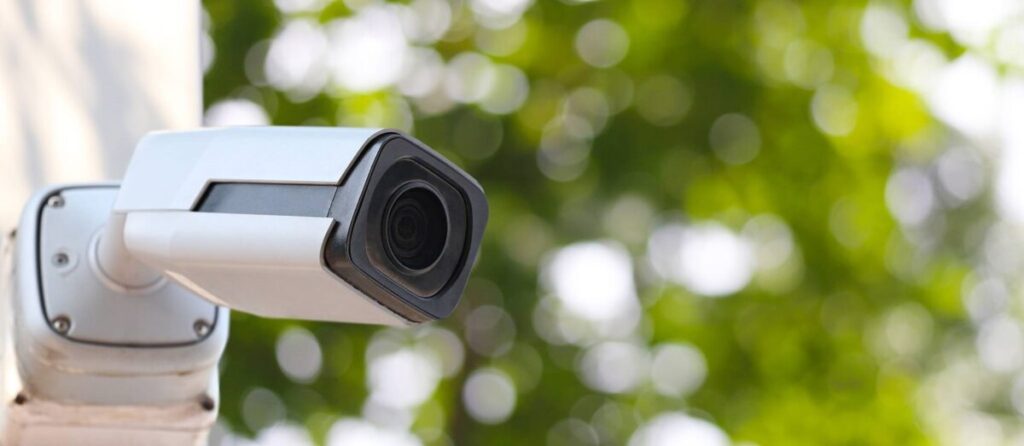The recent popularity of connected surveillance cameras is leading to legal questions. Can you monitor the contractor who sands your floors? And what about your connected doorbell filming at the neighbor’s house? It’s all about the balance between your security and protecting the privacy of those around you.
Although connected surveillance cameras are quite new, the case law regarding cameras and the protection of privacy is well established in Quebec. ‘There have been several decisions over the years, and they are well articulated,’ observes Me Imran Ahmad, Partner at Norton Rose Fulbright Canada, Co-Leader of the Privacy and Cybersecurity team.
The use of surveillance cameras – or what can be filmed in Quebec – is governed by the Civil Code of Québec and the Charter of Human Rights and Freedoms. Articles 35 and 3 of the Code specify that “everyone has the right to respect for his reputation and private life” and that he is the holder “(…) the rights to the inviolability and integrity of his person, to respect for his name, reputation, and private life”. Article 5 of the Charter states that “everyone has the right to respect for his or her private life”.
A camera inside his house
Do you want to use the camera that usually protects your home from breaking and entering to monitor a contractor, babysitter, or cleaning staff? It is possible to do so. Provided you have a reason to film. “Monitoring the progress of work or seeing your children is a valid one. But you have to warn people that they can be filmed,” Ahmad said.
However, cameras cannot be installed in private areas, such as the bathroom.
A camera in his building
The reasoning is the same for cameras in condo buildings. You must place them in common areas, for example on the floors and in the entrance, and warn users of their presence with a sign, such as in shops. Again, you must have a reason to install them.
Safety is a valid reason. “But we could not install one that points to a specific apartment, because it is not justifiable. The images captured would not be relevant to the security of the building, “notes the partner at Norton Rose Fulbright Canada.
A camera in a CHSLD room
Are you concerned about the quality of care and treatment provided to a parent living in a long-term care residential center (CHSLD) or in a seniors’ residence? You have the right, with his consent, to install a camera in his room. But, here too, under certain conditions.
“You have to have a reason to do it and you have to warn caregivers that they will be filmed,” Ahmad said. It is not necessary to install a sign or recall it every time a person enters the room, but the managers of the establishment should be duly informed.
A camera in a rented accommodation
The issue of cameras in a unit offered for a temporary rental on a service like Airbnb has never been brought before the courts in Quebec. “But Airbnb’s rules are clear,” Ahmad said. In its terms of use, the American company requires, among other things, to warn tenants of the presence of any camera, and it prohibits installing them near private spaces, such as the bedroom and bathrooms.
You will also need to indicate how visitors will be monitored. This rule applies to connected surveillance cameras, but also to any device that records video, photos, or audio, such as a webcam, a sound level meter to measure decibels or a baby monitor.
A camera outside
Do you need to install a panel under your connected doorbell to warn delivery people that they are being filmed when they come to drop a package on your porch? No. “The invasion of privacy is more limited in public spaces,” says Imran Ahmad.
A security camera can also have neighbors in its field of view, for example. “It is normal that there is a partial capture if the angle of view is large, as long as the main intention is justifiable,” adds the lawyer. You could not install one with a telephoto lens that would point specifically at home, since the goal would no longer be to ensure the security of your home, but to spy on your neighbor!
In short, you can install surveillance cameras, provided you follow certain rules. In general, the presence of cameras must be justified, and the people filmed must be informed, but there are exceptions, especially in public spaces.

